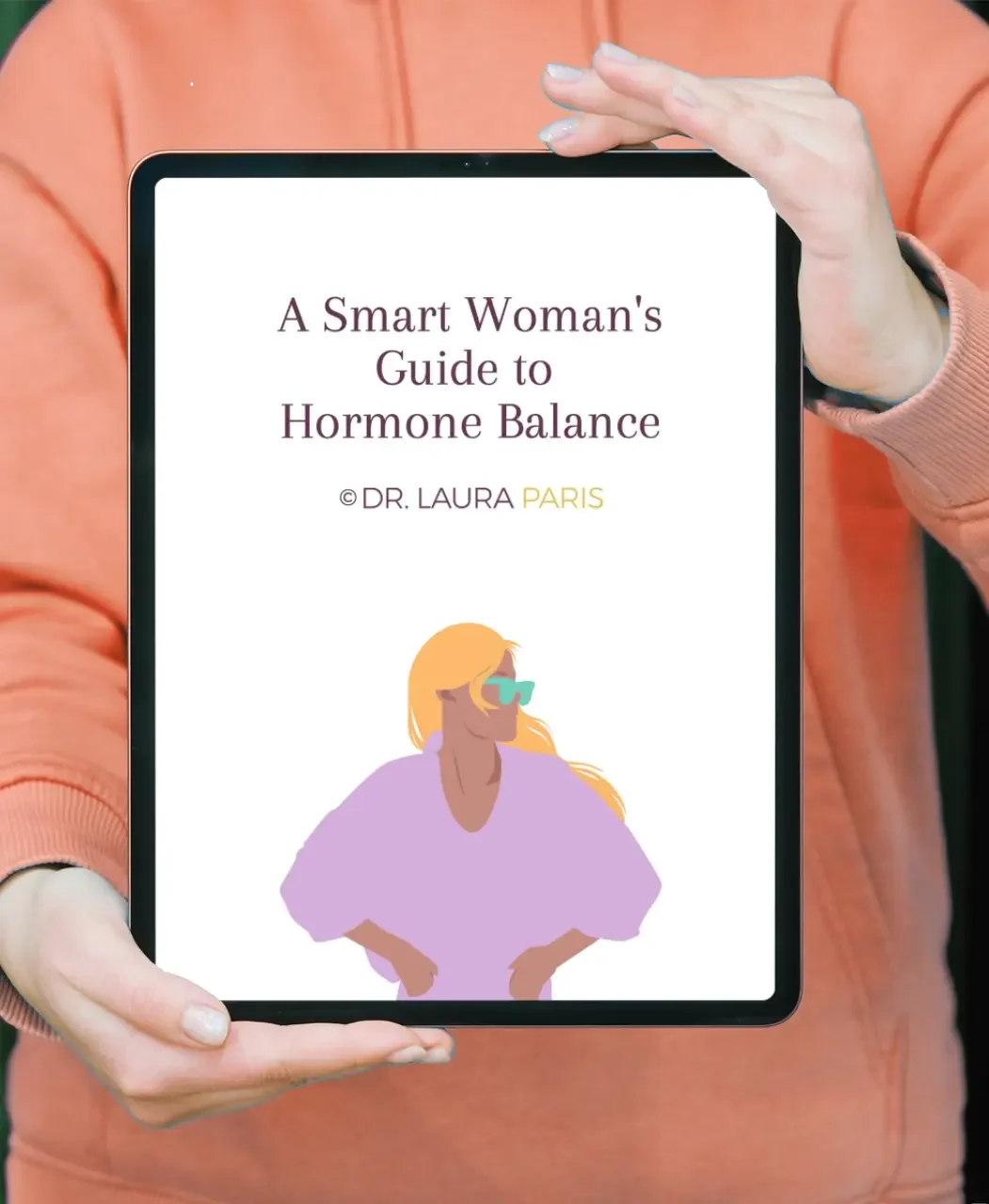
Are you ready to take charge of your health?I help women achieve vibrant health through all phases of life with a personalized, holistic approach.
SIGN UP FOR MY NEWSLETTER AND GET YOUR FREE GIFT:
A SMART WOMAN'S GUIDE TO HORMONE BALANCE

SIGN UP FOR MY NEWSLETTER AND GET YOUR FREE GIFT:
A SMART WOMAN'S GUIDE TO HORMONE BALANCE

If you’re curious about trying Paleo or Whole30 for yourself or your family, you may be wondering: Where’s the bread? For many of us, bread and grains have been central to the daily menu. The Standard American Diet (SAD) relies heavily on bread, pasta, and grains as main sources of energy. But in Paleo or Whole30 eating, grains (along with beans and dairy) are off the table. So, if you’re thinking of cutting out bread, you might be asking: What will fill me up?
Here’s a guide to help you find the right fuel, even without bread.
Before diving into grain-free eating, it’s helpful to know why it’s beneficial for some people to skip grains.
People with autoimmune conditions often find that going grain-free reduces their symptoms. The science behind this is fascinating. Grains, dairy, and legumes are relatively new foods in our evolutionary timeline. Some people haven’t fully adapted to these foods, which emerged during the Agricultural Revolution. For those with autoimmunity, grains and dairy can provoke a response called “molecular mimicry,” where proteins in foods like wheat and milk resemble our body’s tissues. The immune system may mistakenly attack body tissues when trying to neutralize these food proteins. For example, gluten’s protein gliadin is known to trigger autoimmune thyroid issues in some people. But remember, not everyone with thyroid concerns reacts to gluten. Testing and exploring your own immune triggers can clarify if grains affect you.
You don’t have to have an autoimmune condition to experience issues with wheat. While many think of wheat problems as celiac disease (an autoimmune condition), wheat sensitivity can show up in various ways. There’s non-celiac gluten sensitivity, wheat allergy, and even a reaction to the FODMAP fibers in wheat, which can trigger digestive issues like IBS and SIBO.
One great perk of Paleo and Whole30 is how nutrient-dense grain-free carbs can be. Without grains, the focus shifts to plants high in phytonutrients, fiber, and antioxidants. These foods support blood sugar stability, gut health, and balanced energy. Those dealing with blood sugar issues, insulin resistance, or weight struggles often notice improvements with these fiber-rich, nutrient-dense carbs.
On Paleo and Whole30, you replace grains with a variety of plants, including roots, tubers, and certain starchy fruits and vegetables. These foods are the starchy, filling Paleo “carbs” you need.
Roots and tubers provide the hearty carbs you’re looking for, like:
Certain starchy fruits and vegetables, like winter squashes and plantains, can also satisfy those carb cravings:
Grain-free foods often need some prep, but it’s manageable with a few tricks. Wash, chop, and roast your favorite veggies in bulk for leftovers throughout the week. Try a food processor or spiralizer to save time, or buy pre-cut veggies. Here are some versatile, satisfying Paleo-friendly ways to prepare these foods:
When life gets busy, I often roast a mix of veggies in olive oil with herbs or bake whole squash or yams. These easy options make Paleo and Whole30 meals convenient and delicious.
If you’re dealing with autoimmune symptoms or chronic inflammation, I specialize in helping women reduce flares and manage inflammation holistically. My Road to Remission Program is designed to support women on their journey to recovery from autoimmune conditions. Ready to start feeling better? Reach out to me below, and let’s discuss how I can help you break free from chronic symptoms.

Dr. Laura Paris is a women’s health specialist who provides Acupuncture and Functional Medicine care at her two clinics in Capitola and Monterey, California. She also works with women remotely in the United States through telehealth appointments. Learn more about Laura here, and message her directly here.
Click the button to talk to Dr Laura on a 20-minute discovery phone call ($67)